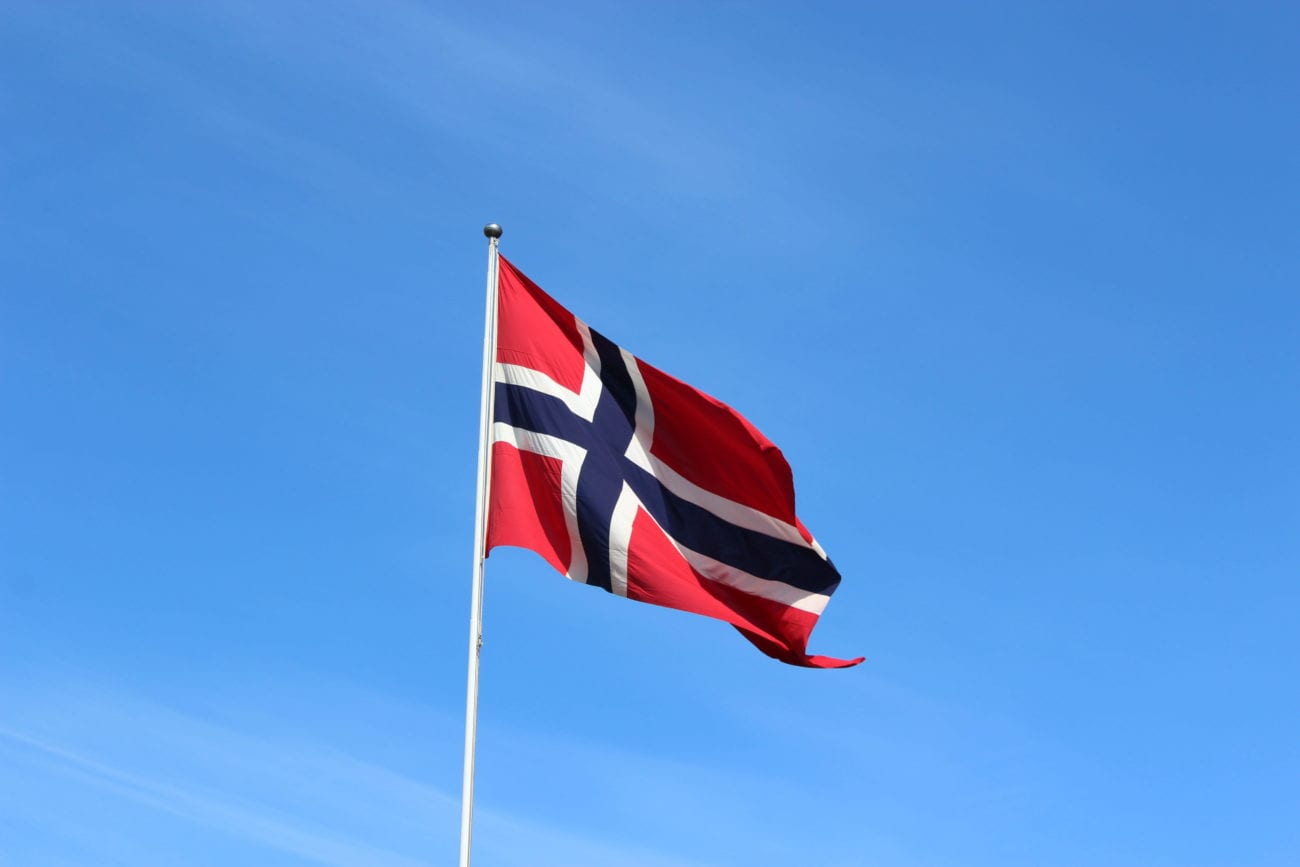Norwegian parliament passes gambling advertising amendment

Norway’s parliament (Stortinget) has approved a legislative amendment aimed at preventing offshore gambling operators from advertising their services to consumers in the country via the internet.
The amendment will grant enhanced powers to the Norwegian Media Authority (Medietilsynet), allowing it to order internet service providers and media companies to prevent access to illegal marketing.
Norsk Tipping holds the gambling monopoly in Norway and is the only operator currently permitted to offer online gambling.
“This [amendment] will reduce the scope of gambling advertising, and may in turn help reduce the number of problem gamblers,” Minister of Culture and Gender Equality Abid Q. Raja said.
“[Previously] we have not had the necessary tools to enforce the advertising ban on foreign operators. But with this provision, the Media Authority is empowered to impose a duty on internet owners and distributors to prevent access to advertising for illegal gambling.”
The announcement comes after the Stortinget this month also gave its approval to a separate provision related to Norway’s Broadcasting Act. This amendment allows the Medietilsynet to order domestic broadcasters to stop showing marketing from offshore operators.
Norway already had in place regulations that prohibited the advertising of games and platforms that are not licensed in the country. However, offshore operators had been able to exploit a loophole allowing them to advertise via satellite channels that broadcast into Norway from foreign locations. Efforts to close this have under discussion for years.
Raja said that both of the amendments could help address problem gambling in Norway. This week, new research from the University of Bergen, commissioned by the Lotteri-og Stiftelsestilsynet (Lotteritilsynet), suggested there had been an increase in the amount of people suffering with problem gambling.
Taking an average from the study, the University of Bergen concluded 55,000 people currently suffer from gambling problems, up from 34,000 in a similar survey in 2015. The research also showed that a further 122,000 people are at risk of developing gambling problems.
However, the Norwegian Industry Association for Online Gaming (Norsk Bransjeforening for Onlinespill/NBO) previously hit out at the proposed TV advertising ban. The body, which represents offshore operators in the country, instead urged for a shift to a more liberal regulator model as opposed to attempting to maintain a monopoly for gambling.
The NBO repeated these calls following the publication of the problem gambling study, with secretary general Carl Fredrik Stenstrøm saying the most effective method of lowering the risk for players would be to end the gambling monopoly currently in place in Norway.
